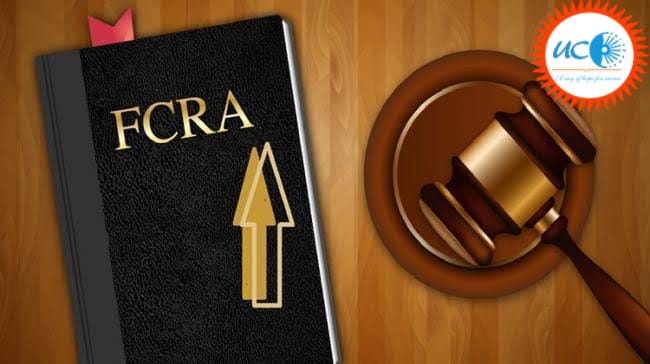FCRA has been used to silence and force NGOs into submission before the state power, thereby throttling the collective articulation of citizen’s interest. Critically Analyze.
Answer:
Foreign Contribution Regulation Act (FCRA), 2010 seeks to regulate the acceptance and utilization of foreign contributions and foreign hospitality by certain individuals and organizations. Its frequent use against NGO has been criticized sometimes as arbitrary use of the state power.
FCRA: Arbitrary use of state Dower:
- Subjugating citizen interest: Cancellation of FCRA registration of 20,600 NGOs in the last 10 years has been seen by many as subjugating NGOs in their role as civil society and in process subjugating citizen’s interest.
- Crippling impact on NGOs functioning: Considerable administrative delays in processing of documents as mandated in 2020 amendment act during Covid-19 impacted NGO’s role in serving citizen interest when it was needed the most.
- Administrative costs: The act mandates only 20% of foreign funds for administrative purposes. It has led to the crisis of survival for many NGOs dependent on such sources. Moreover, the amended act requires mandatory registration.
For e.g., between the years 2014-2019,16,743 associations registrations’ have been canceled on the grounds of FCRA violation.
- Prohibiting sub-granting of foreign funds: This means an NGO receiving foreign grant can’t sub-grant it to other NGOs, say in some pockets of Jharkhand. This impacts collaborative projects among NGOs impacting their goals and purpose.
However, FCRA is necessary to regulate NGOs for better articulation of citizen interest.
This can be gauged due to following factors:
- Filtering: FCRA have in recent times acted against NGO which have worked against the interest of the state.
For E.g. lB report highlighted that 2.3% of GDP loss per annum is due to anti-development activities by foreign funded NGOs.
- Ensuring accountability of NGOs: According to The Central Statistical Institute of India, until a few years back more than 3.3 million NGOs were registered in India, which in the 1990s was in nascent stages. This sharp spur demands accountability which FCRA tries to ensure from the NGOs.
- Protect citizen’s interest: By regulating the rise of professional activists who are more accountable to their financial donors than to public interest. Thus its strict regulation standards ensure protection of citizen’s interest.
For e.g. The Kudankulam Nuclear Power project protest was allegedly organized by foreign funded NGOs.
- Check misuse of funds: According to the Ministry of Home Affairs report, in 2018 there were only 2% of NGOs which were registered under FCRA, whereas the estimated number of NGOs receiving foreign funding were more than 20 lakhs. This indicates diversion of funds.
There is an urgent need to recognize the developmental and advocacy role played by the NGOs. At the same time, it is essential that they be monitored through less stringent but efficient FCRA prism. Self-regulation on the lines of public media or through NGO Darpan portal of Niti Aayog should be explored more.






